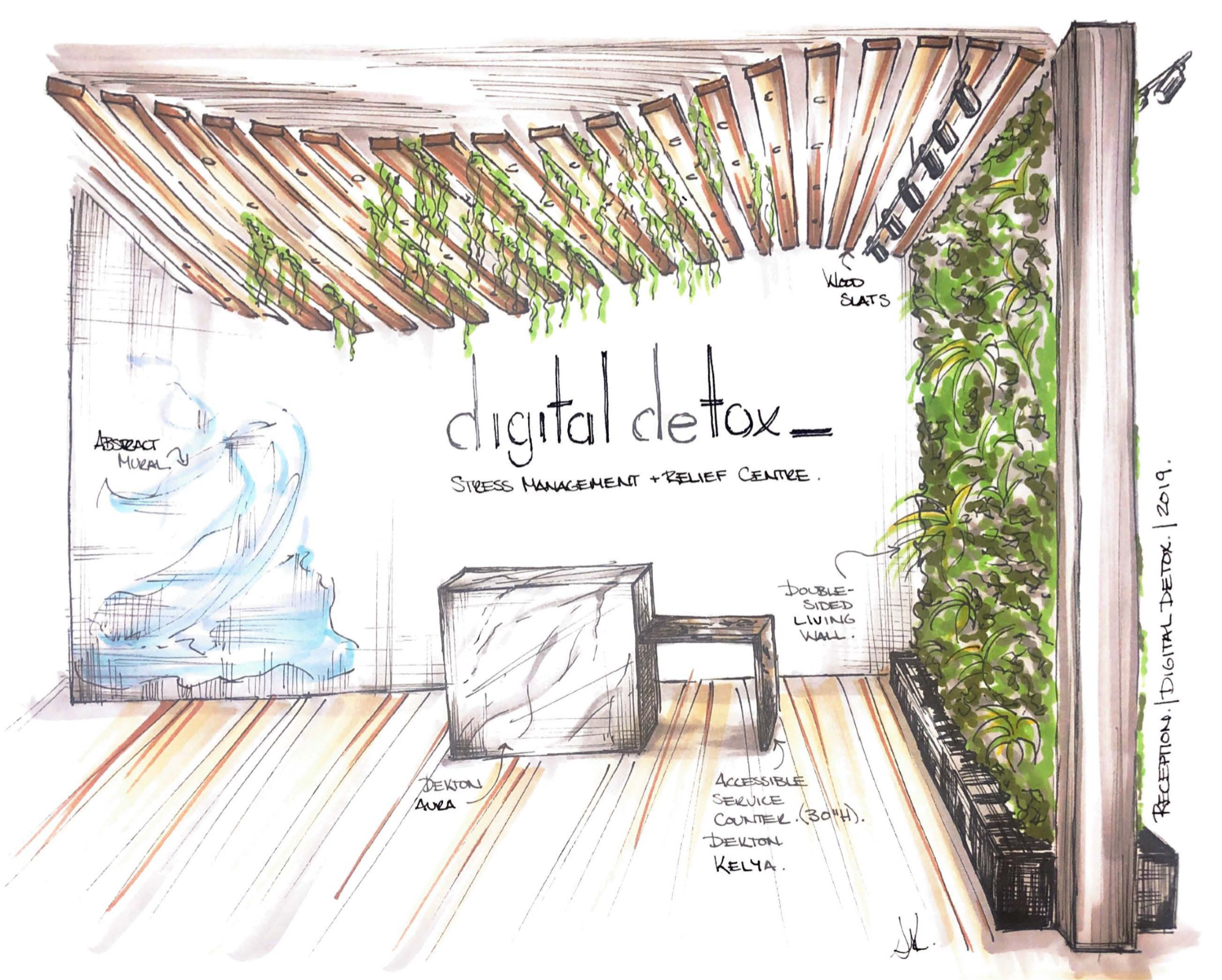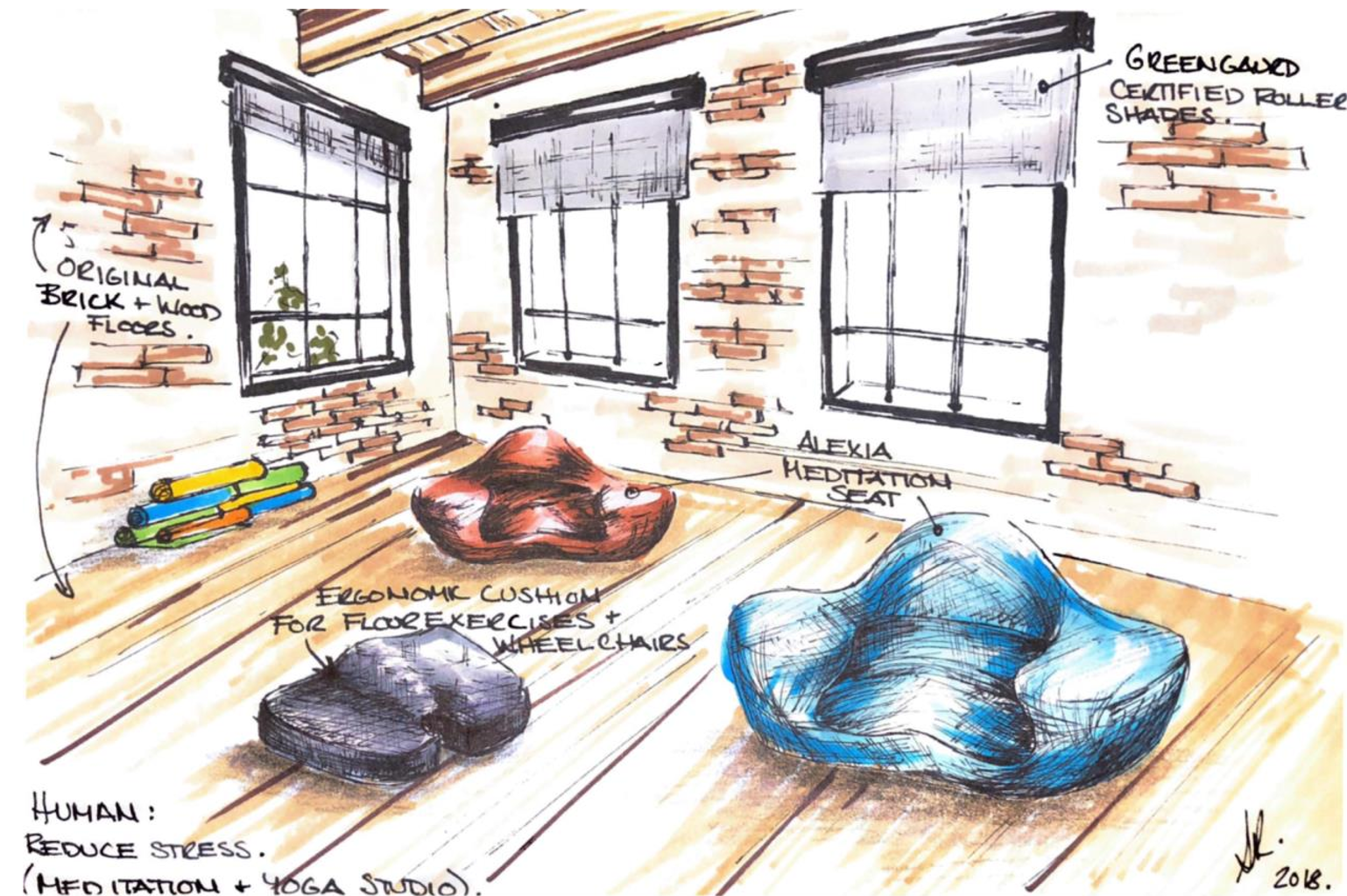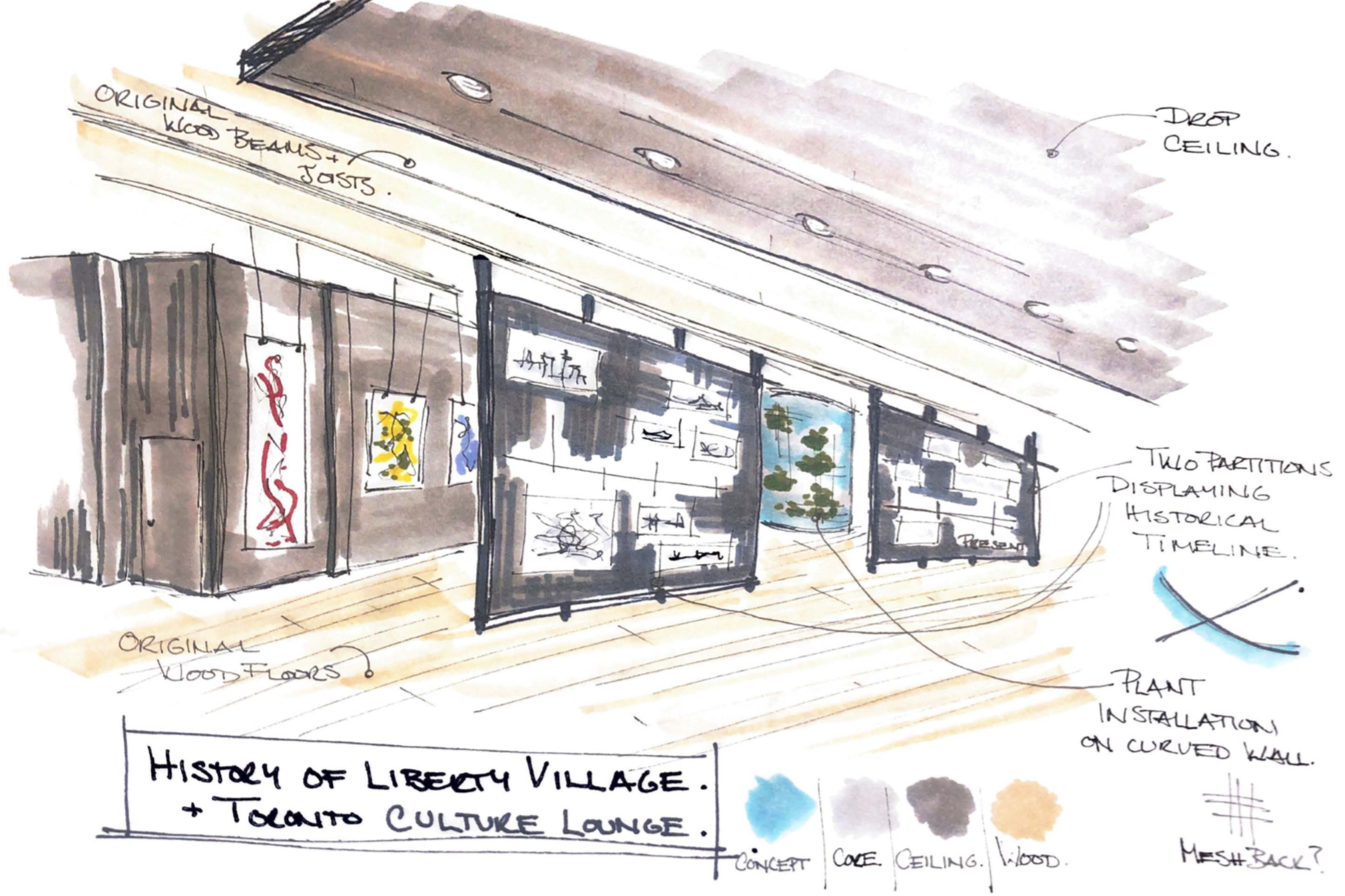Gallery + Cafe
Since its early developments, technology has given humans the ability to expand and grow to create countless –otherwise impossible –opportunities in which humans can benefit and work towards better individual and collective futures. From cranes that help construct our high-rise buildings to the internet that allows us to connect with each other across the world in an instant, technology has its undeniable benefits. Today, we receive the latest world news through our smart phones rather than reading the newspaper or listening to our old-fashioned radios. In even the most recent years, the internet and its many interfaces have developed exponentially –its hard to believe that Facebook was only created in the early 2000s where it was primarily used as a basic online network for Harvard University students. Compared to today, Facebook is a multi-billion dollar company now captivating 84% of all Canadian adults and over 90% of young adults specifically (Gruzd et al., 2018).
However, extensive use of social media platforms is now also associated with several mental health complications such as, heightened need for perfectionism and external approval, increased anxiety and depression, and ironically, social disconnection. Unfortunately, given the high demands of young adults to pursue and achieve economic, social and professional success in a society that does not often consider the importance of self-care; today’s young adult population is experiencing far more stress than previous generations.
The Digital Detox program is the proposed solution to counter additional stress caused by young adults’ dependency on social media to remain connected online as a supplementary form of social interaction, a platform for external approval, and a place of “refuge” away from life’s daily challenges.
In addition to stress-reducing workshops, programs and classes, the Digital Detox program is truly aiming to raise awareness of the importance of self-care through reestablishing crucial relationships with the self and others. The design of the facility also reintroduces the self to nature through biophilic design considerations and systems to rekindle the profound connection between humans and the natural world.
Floorplan + Resonance Gesture
The Pursuit of Perfection study was conducted during November 2018 to determine social media’s affect on adults of the GTA and explores biophilic design’s ability to reduce mobile device usage and encourage social interaction. The following design considerations were conceived:
Incorporate living nature within design in addition to the basic principles of biophilic design
Provide opportunities for social interaction to occur near biophilia
Maximize natural daylight
Provide views and vistas for occupants
Implement both LEED + WELL practices within the design
Conceptual Direction of the Design
History + Culture Lounge
Custom Meditation Pod
Section
Yoga Studio
The Yoga Studio is designed to provide clients with an open, relaxed and sustainably conscious environment to practice hatha yoga and mindful meditation. Therefore, a double sided living wall with an integrated waterfall feature would be installed within the space. Additionally, furniture and fabric selections work towards contributing LEED credits in recycled content, regional materials and/or made from rapidly renewable resources.
Even the Florafelt pockets, which are used within the Living Wall assembly, are fabricated from a rapidly renewable resource, percentage of recycled content and can be recycled after use.
Double Sided Living Wall Feature
Director’s Office
References
Gruzd, A., Jacobson, J., Mai, P., Dubois, E. (2018). The State of Social Media in Canada 2017. In Ryerson University Social Media Lab. DOI: 10.5683/SP/AL8Z6R
Curran, T., & Hill, A. P. (2017). Perfectionism is Increasing over Time: A Meta-Analysis of Birth Cohort Differences From 1989 to 2016. In Psychological Bulletin. DOI: 10.1037//bul0000138
Ipsos. (2012). Three Quarters of Canadians are experiencing an uncomfortable level of stress; Number jumps to Nine in Ten among 18 - 24 year olds. Retrieved from https://www.ipsos.com/en-ca/three-quarters-72-canadians-are-experiencinguncomfortable-level-stress-number-jumps-nine-ten-90
Bodden, M., Kircher, T., Krach, S., & Paulus, F. (2010). The Rewarding Nature of Social Interactions. In Frontiers in Behavioural Neuroscience. DOI: 10.3389/fnbeh.2010.00022. Retrieved from https://www.ncbi.nlm.nih.gov/pmc/articles/PMC2889690/#
Royal Society for Public Health. (2017). #StatusOfMind Social Media and Young People’s Mental Health and Wellbeing. Retrieved from https://www.rsph.org.uk/our-work/campaigns/status-of-mind.html
Canadian Psychological Association. (2014).“Psychology Works” Fact Sheet: Perfectionism. Retrieved from https://cpa.ca/docs/File/Publications/FactSheets/PsychologyWorksFactSheet_Perfectionism.pdf
Images
a. Bruce, E. (2017). Two Jack Reflective Impression. Retrieved from https://ellebruce.smugmug.com/Elle-Bruce-Photography/i-vQnNwmF/A
b. Klubovy. (2015). Untitled. Retrieved from https://www.huffingtonpost.com/dr-hyder-zahed/choose-your-friends-wisel_b_6613164.html













